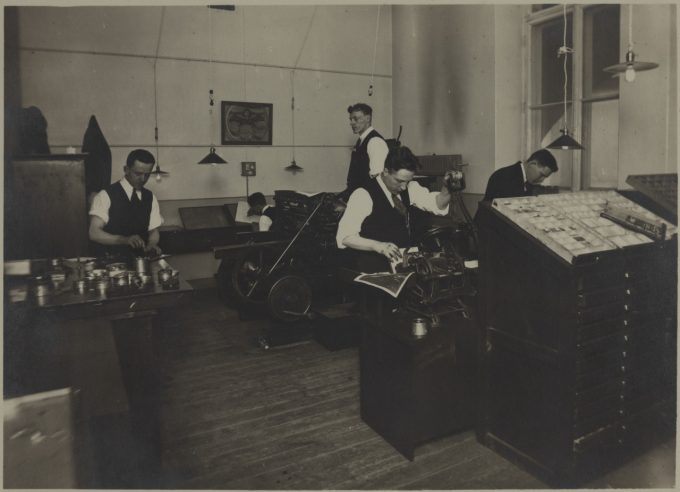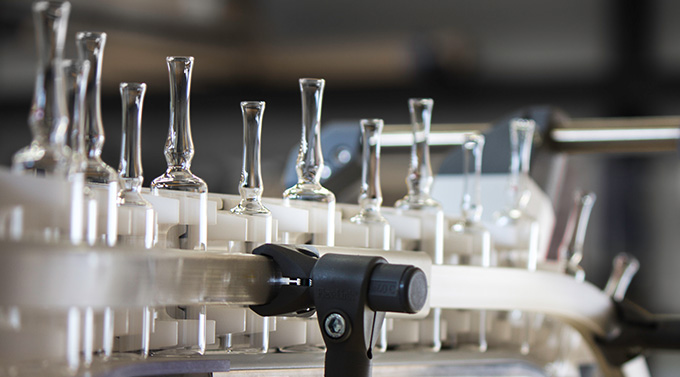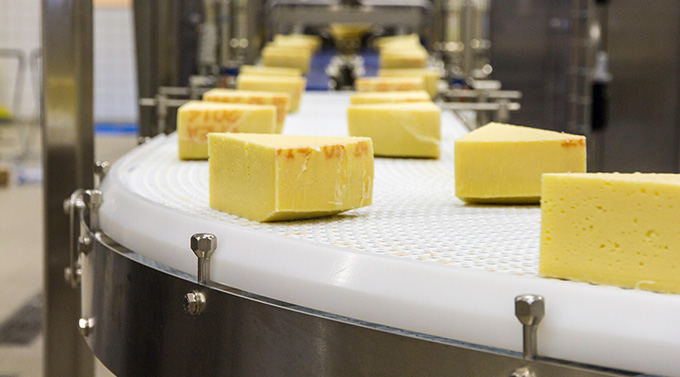
Automation has played a significant role in the manufacturing industry for decades. Ever since the industrial revolution, to be precise! And the role will only expand in the years to come. In this first part of my article series, I will describe three advantages of automated production flows. The remaining will follow in coming articles, and hopefully trigger fruitful discussions!
1. Minimizing non-value adding operations and bottlenecks

Automated production flows enhance the efficiency of processes by minimizing non-value adding operations and bottlenecks. All handling and manipulation of products is done on the fly and does not require the additional intervention of operators or other equipment. Investing in automated production equipment creates a valuable resource for large production volumes, and increases the overall productivity. This in turn, reduces costs and increases profitability.
2. Standardization of the production process based on best practice

In automated production flows, all products are handled the same way, with a minimum of variance. Line layouts built on standardized functions increase your production efficiency and make sure products follow the process path in a seamless, wasteless way. A predictable material handling process reduces work in progress and enables high throughput, ensuring consistent quality and long-term efficiency.
3. Minimizing throughput time and balancing the production flow
 Automated production flows minimize the throughput time by reducing waiting time and unnecessary buffering. Sophisticated, automated production flow solutions can balance the flow from A to Z dynamically, increasing the total production line efficiency. Buffers, diverters, mergers and dynamic speed control, let the line breathe and prevent queuing on the line. Through automation, you can easily distribute the flow to ensure that the right amount of products arrives on time at up and downstream machines.
Automated production flows minimize the throughput time by reducing waiting time and unnecessary buffering. Sophisticated, automated production flow solutions can balance the flow from A to Z dynamically, increasing the total production line efficiency. Buffers, diverters, mergers and dynamic speed control, let the line breathe and prevent queuing on the line. Through automation, you can easily distribute the flow to ensure that the right amount of products arrives on time at up and downstream machines.
Automation is on the rise – true or false?
I have now mentioned three advantages of automated production flows – and I do have more lined up for you! In my next article I will enter the sphere of quality in production processes, keep an eye out on the blog. In the meantime, I have a question for you: One often hears that automation is on the rise. Do you think it is true, and if yes, what are the reasons? Which factors play a role in the development of industrial automation? Let me know in the comments! I am interested in your thoughts.
If you have any questions or want to know more about industrial automation, don’t hesitate to contact me. Also visit FlexLink’s website for more information.




Leave a Reply